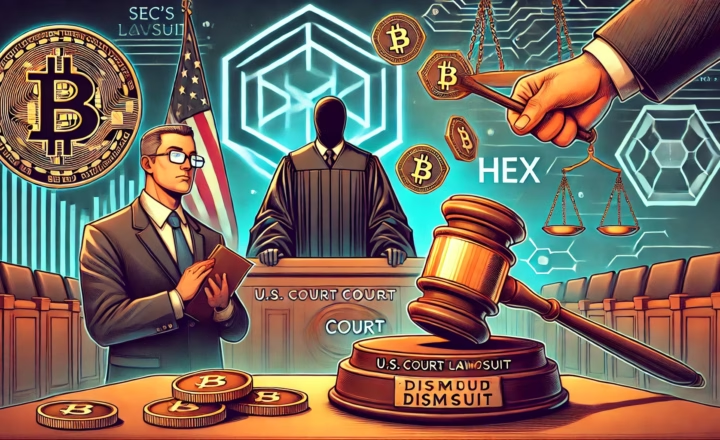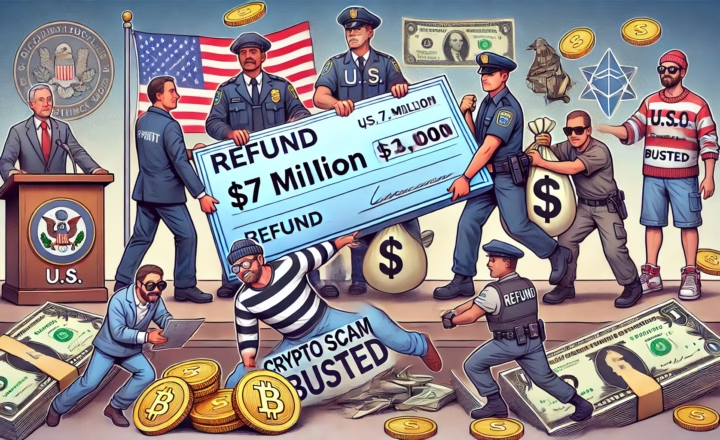Convertible Debt Offering Closes With Bitcoin on the Horizon
GameStop Corporation (NYSE: GME) has successfully completed its previously announced $1.5 billion convertible note offering, with a portion of the proceeds earmarked for the acquisition of Bitcoin and USD-pegged stablecoins, signaling a formal entry into the digital asset space.
The offering, initially planned to raise $1.3 billion, was upsized after investors opted to purchase an additional $200 million in notes, according to an April 1 SEC filing.
“The company expects to use the net proceeds from the offering for general corporate purposes, including the acquisition of Bitcoin in a manner consistent with the Company’s Investment Policy,” the filing stated.
The convertible notes are scheduled to mature on April 1, 2030, unless earlier converted or redeemed. The conversion terms include a 33-share equity conversion per $1,000 in principal, aligning with a standard equity-debt hybrid structure commonly used for strategic treasury maneuvers.
Market Reacts with Tepid Optimism
Despite the announcement, GME stock moved modestly, closing April 1 at $22.61—up 1.34% on the day, with a post-market gain of 0.5%, according to Google Finance.
The market’s lukewarm reaction follows a more dramatic price swing the previous week: after the March 25 Bitcoin investment announcement, GameStop stock surged nearly 12% to $28.36, before tumbling 24% the next day as concerns over the company’s long-term fundamentals resurfaced.
Analysts have pointed to ongoing skepticism around GameStop’s business model, suggesting that enthusiasm over Bitcoin alone isn’t enough to offset the retailer’s broader structural challenges.
From Meme Stock to Bitcoin Backer
GameStop’s pivot toward Bitcoin puts it in line with a growing cohort of public companies adopting digital assets as part of their treasury diversification strategies—a move originally popularized by Michael Saylor’s Strategy (formerly MicroStrategy).
On March 25, GameStop confirmed that its board of directors had approved the Bitcoin acquisition plan, citing both convertible note proceeds and cash reserves—which stood at $4.77 billion as of February 1, up sharply from $921.7 million a year earlier.
This makes GameStop a late but significant entrant into the corporate Bitcoin space, joining the ranks of Strategy, Tesla, and other institutions using digital assets as store-of-value assets in a high-inflation environment.
Crypto Not a First for GameStop
While this marks GameStop’s most high-profile move into crypto to date, the company had previously dabbled in the space. It launched a self-custody crypto wallet in 2022—only to shutter it in November 2023, citing regulatory uncertainty in the U.S.
The company’s deeper crypto strategy now appears to be shifting from product development to treasury management and financial positioning.
“With over $4 billion in liquidity and a loyal investor base, GameStop is positioning itself to navigate a volatile market with a hedge strategy that borrows directly from Bitcoin maximalists,” said one financial analyst familiar with the move.
Strategic Implications: Hedging or Hype?
GameStop’s Bitcoin allocation raises important questions about intent. Is this a signal of belief in decentralized money, or a financial engineering play designed to ride retail investor sentiment?
Given GameStop’s historical position as the original “meme stock”—rising over 1,000% in a matter of weeks in 2021—its every move is magnified by a community that sees the stock not just as an asset, but as a statement.
Bitcoin, often labeled “digital gold,” fits neatly into this narrative. But the long-term implications will hinge on:
-
How much Bitcoin the company ultimately purchases
-
Whether the crypto exposure is integrated into broader corporate strategy
-
If the move catalyzes improved fundamentals—or just short-term speculation
Conclusion: From Gamers to Gold Bugs?
GameStop’s entrance into the Bitcoin treasury movement represents a bold pivot at a time of economic uncertainty and institutional Bitcoin adoption. By raising $1.5 billion in debt and signaling a crypto-aligned future, the company may be attempting to reposition itself as a forward-looking, asset-rich entity, even as its core business model remains under scrutiny.
As other public companies explore Bitcoin-backed strategies, GameStop’s next move could serve as a case study in whether meme-era momentum can be converted into long-term digital asset discipline.
Investors will now be watching two charts: GME stock—and the BTC ticker.













